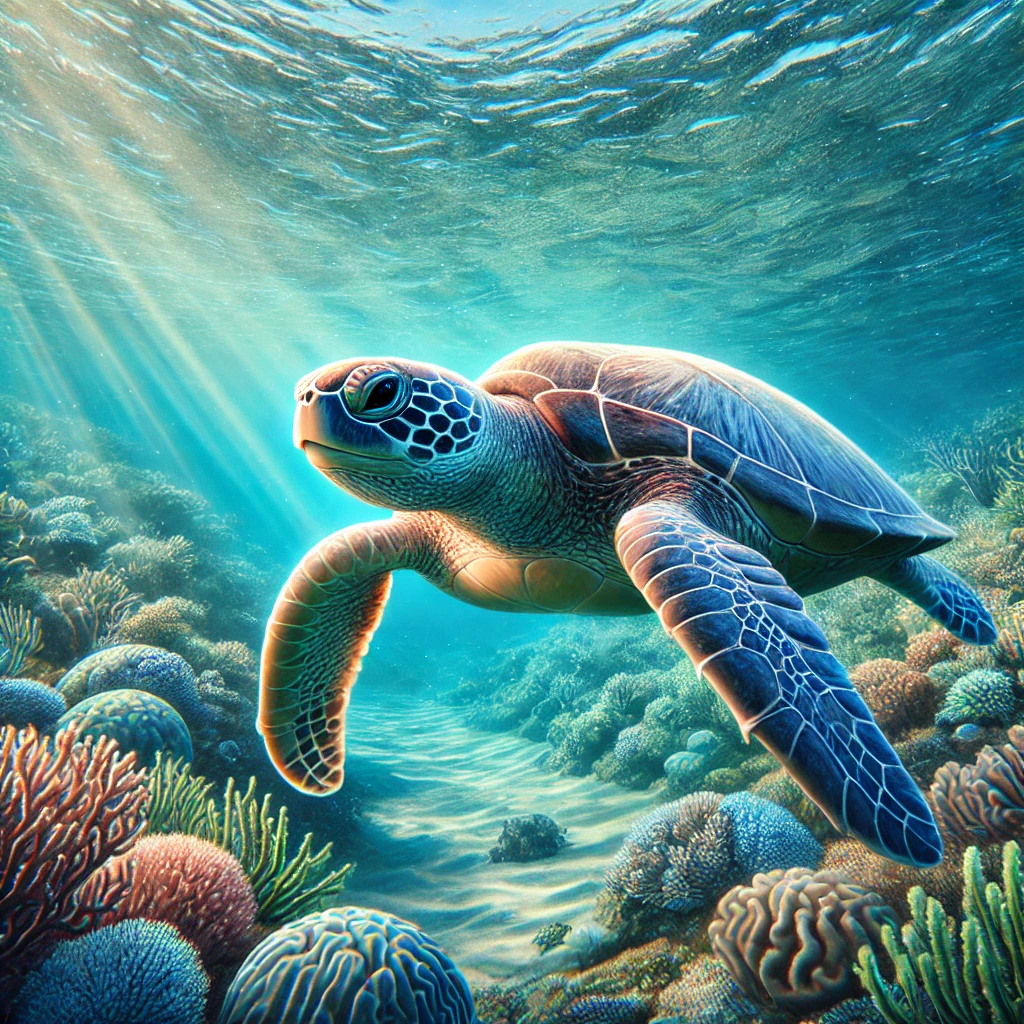The Fascinating Life of Turtles: A comprehensive guide
Turtles are some of the most intriguing creatures on our planet. They’ve been around for over 200 million years, making them true survivors in a rapidly changing world. In this blog, we’ll dive into their unique lifestyles, habitats, and, of course, what they eat!
Table of Contents
ToggleTurtle Habitats
Turtles can be found in a variety of environments, from freshwater lakes to the vast oceans. Each species has adapted to its surroundings, leading to a diverse range of habitats. Sea turtles, for instance, spend most of their lives in the ocean, while others, like box turtles, prefer land. Understanding their habitats is crucial for conservation efforts and ensuring these amazing animals thrive for generations to come.
What Do Turtles Eat?
When it comes to diet, turtles are as varied as their habitats. Some turtles are herbivores, munching on plants, algae, and fruits. Others are carnivores, feasting on fish, insects, and even small animals. So, what does turtles eat? It largely depends on the species. For example, sea turtles often enjoy jellyfish, while freshwater turtles might prefer a mix of vegetables and protein sources.
Diet Variations
- Herbivorous Turtles: These turtles enjoy leafy greens, fruits, and aquatic plants. A diet rich in calcium is essential for their shell health.
- Carnivorous Turtles: These turtles thrive on protein-rich foods. Small fish, worms, and insects are staples in their diets.
- Omnivorous Turtles: Many turtles fall into this category, happily munching on both plant and animal matter. This adaptability helps them survive in various environments.
Turtles’ Role in Ecosystems
Turtles play a vital role in maintaining the balance of their ecosystems. By grazing on vegetation, they help control plant growth, while their feeding habits also impact the populations of other animals. This intricate web of life showcases the importance of protecting turtle habitats.
Conservation Efforts
Unfortunately, many turtle species are facing threats from habitat loss, pollution, and climate change. Conservation efforts are crucial in ensuring these ancient reptiles continue to roam our planet. Organizations worldwide are working to protect nesting sites, reduce plastic pollution, and promote awareness about what turtles eat and how to care for them.
Conclusion
Turtles are more than just fascinating creatures; they are vital to our ecosystems and deserve our protection. By understanding their diets and habitats, we can contribute to their conservation. For more insights into the wonderful world of turtles, visit us at theturtles.info. Together, we can make a difference for these incredible animals!






